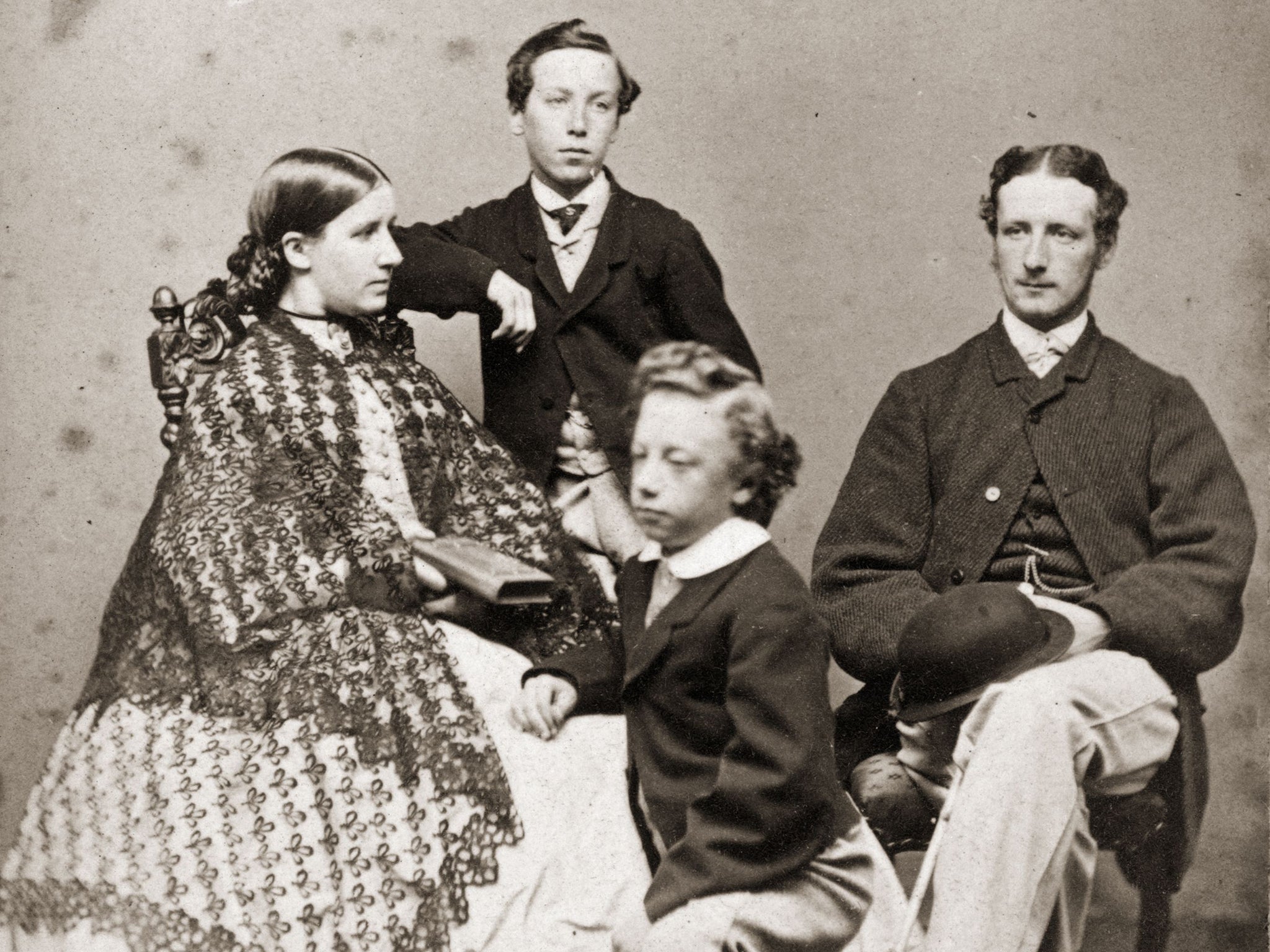The distant uncaring Victorian father is a historical myth, says new research
The idea of distant Victorian fathers with too much stiff upper lip to express love for their children was largely created by later generations

Victorian fathers may have acquired a reputation for being uncaring, authoritarian bullies towards their children, but it is mostly a myth, according to new research.
Dr Julie-Marie Strange, a social historian at Manchester University, has written a book, “Fatherhood and the British Working Class, 1865-1914”, which looked at scores of accounts by ordinary people of life in the period, The Daily Telegraph reported.
“There is a stereotype of the Victorian father which has become a bit of a joke, he is meant to be very strict, completely humourless, a little bit of a hypocrite and definitely not fun, in fact rather severe,” she said.
“With working class fathers where there is an added dimension of the stereotype being extremely negative, sometimes alcoholic and often rather brutish.”
However Dr Strange said most children described their experiences in a positive light.
“The vast majority talked about fathers who were fun, who spent time with their kids in their spare time, fathers who taught their children to be interested in politics, history, religion and how things worked,” she said.
The idea of distant Victorian fathers with too much stiff upper lip to express love for their children was largely created by later generations who wanted to show themselves in a good light compared to their ancestors.
“When you read stuff about the ‘new man’, it is generally set up against the foil of another, older man who just didn’t do kids and didn’t do family,” Dr Strange said.
“But if you look historically the new man pops up again and again, always against this stereotype of the old man as somehow retrograde.
“The context is usually self-justifying, as if to say ‘haven’t we progressed?’”
She added that Victorian comedians used to make jokes about fathers who were left in charge of the children when the mother had to leave. One common theme was that the children would run wild because he was unable or unwilling to discipline them effectively.
Subscribe to Independent Premium to bookmark this article
Want to bookmark your favourite articles and stories to read or reference later? Start your Independent Premium subscription today.

Join our commenting forum
Join thought-provoking conversations, follow other Independent readers and see their replies